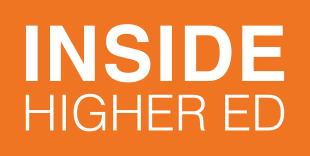Not Business as Usual

Read the full article on Inside Higher Ed.
Elsevier report on the pandemic-era research environment describes confidence gaps between scientists and the public—but also potential for increased engagement in science.
Scientists say the pandemic increased public attention to research, but that this didn’t always—or even often—translate to increased understanding, based on a new study of the pandemic-era research environment from Elsevier. Misinformation and harassment of researchers was rampant, and scientists say they need help communicating their work with more clarity and confidence.
Even so, many U.S.-based researchers say they’re now more likely to pursue research questions that align with topics of public interest or current events. And while they fear politicization of their work, a significant share of scientists are hopeful increased public attention can allow them to influence policy decisions.
Recommended policy interventions for institutions include formalizing science communication training, starting with Ph.D. students; hiring trained science communicators; freeing up faculty time for public outreach; improving incentives surrounding the peer-review system; and drafting clear codes of conduct on how to manage online harassment and threats—then supporting and protecting researchers under fire.
Mary Woolley, president of Research! America, who was involved in the Elsevier study, told Inside Higher Ed that this period in science is—happily—“by no means just a return to business as usual. There is much more interest in academe in training researchers in public engagement, very much including training in communication.” That said, “the rewards system in academia still only rarely recognizes that researchers add and create value in a multitude of ways—including engaging with policy makers, media, public health officials, health-care providers and other diverse communities outside of academia.”
Researchers also need “specific support from their institutions in learning how to respond to the growing trend of online abuse,” Woolley said. “The survey shows that acrimonious interaction around research online, among peers and from the public has been difficult for the research community—especially in the last two years.”
Policy makers can help by investing in science awareness initiatives, identifying effective communication methods and educating the public on common research terminology, Elsevier’s study also says.




